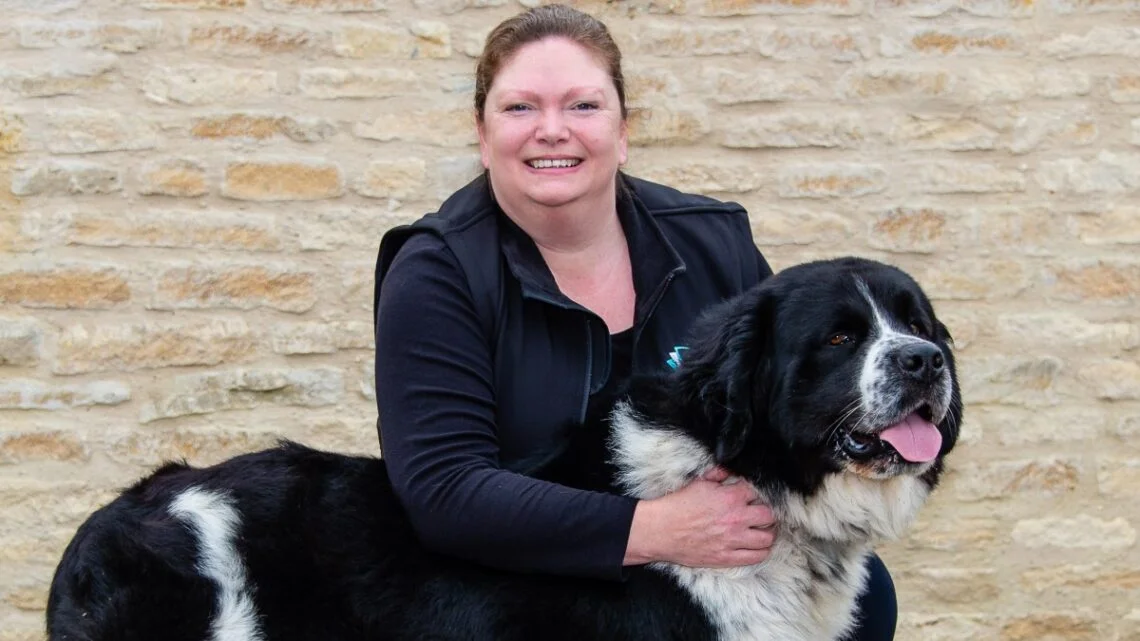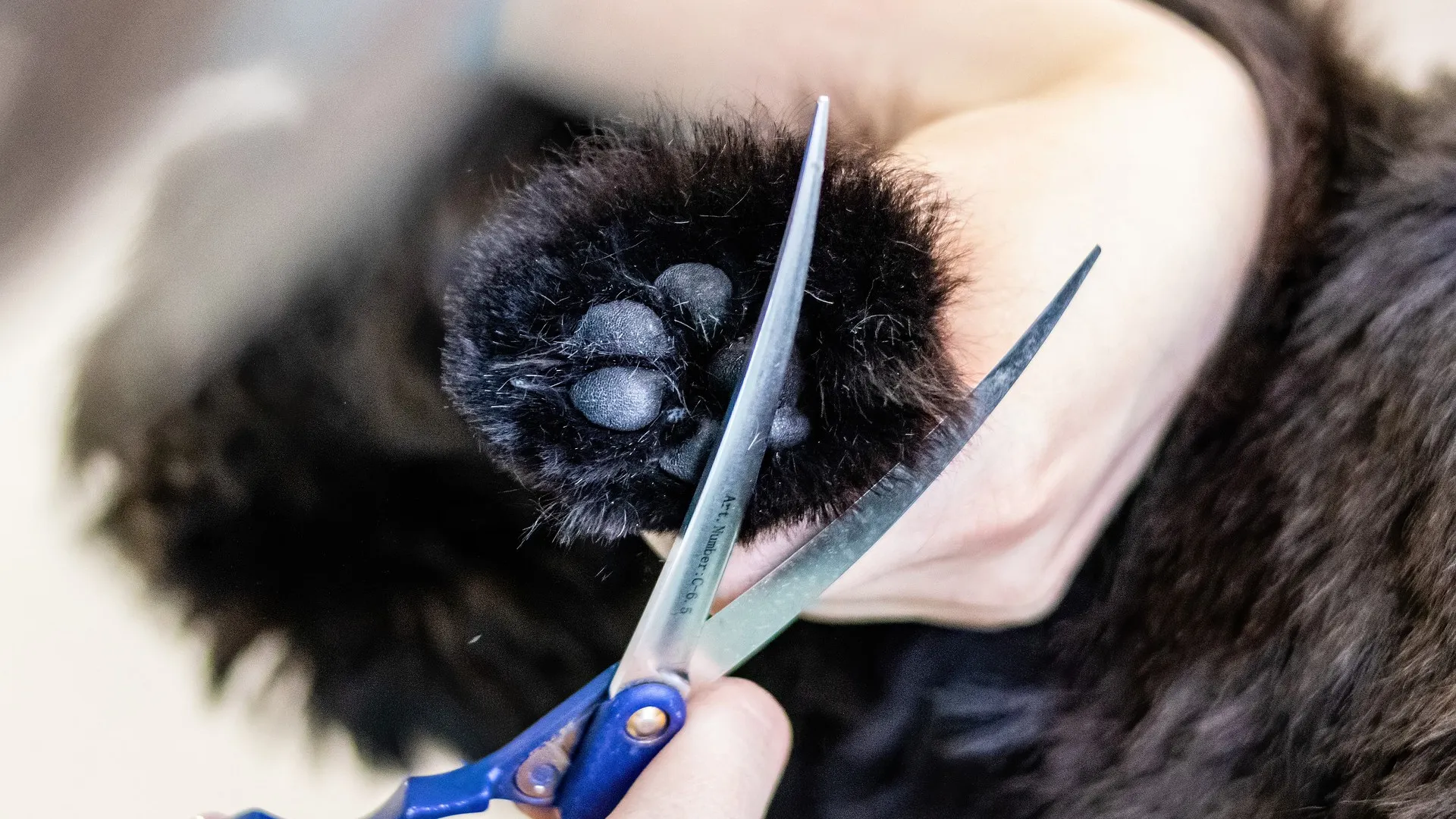
Groomers encouraged to study physio and massage qualifications
The Academy of Veterinary Physiotherapy is encouraging dog groomers to train in sports massage and veterinary physiotherapy fields to help ensure the health of as many pets as possible.
The academy has launched a new portfolio of iPET Network, Ofqual-regulated qualifications, which enable learners to continue to work while they gain the skills and experience they need to practice in animal sports massage, rehabilitation and veterinary physiotherapy.
The pathway to the degree equivalent Level 6 qualification is suitable for those who would like to work in this growth field, including existing dog groomers.
These comprehensive qualifications are made up of practical and theoretical learning across a variety of animal species, with the practical elements focusing on the two main species of canines and equines, allowing learners to get recognition for their knowledge and practical skills.
Candidates will learn advanced study skills, personal development, professional development, resilience and wellbeing from people who have extensive experience of what it takes to be successful in the industry.
The blended learning, flexible and accessible courses will be delivered by Wendy and her team at The Academy of Veterinary Physiotherapy.
Wendy Vaughan, Director of The Academy of Veterinary Physiotherapy, said: “For dog groomers adding animal sports massage and veterinary physiotherapy to their offer is a fantastic way to grow a business, and these skills are so needed in a marketplace which is crying out for more canine services.
“Once learners have completed the first stage of the qualification in animal sports massage, which would usually take around nine months, they can start making money from their new skills. And over time they may wish to progress to our degree-level qualification, adding even more value to their business.”
Vaughan added: “It was important when we created the courses that they had a strong focus on animal health, behaviour and welfare, including exploring themes such as social licence to practice.
“There are also key specifics relating to the industry, legislation, regulation and working effectively as part of the multi-disciplinary team, as well as a real focus on anatomy and physiology and musculoskeletal anatomy, with particular focus on function, orthopaedics and neurology, biomechanics and locomotion and exercise physiology including how commonly used equipment effects our animals.
“The course then builds on this with a strong focus on exercise prescription and rehabilitation, including physiotherapy and rehabilitation for post-surgical, neurological, juvenile, geriatric, non-ambulatory and respiratory patients and for palliative and end of life care.”
Upon completion of each level, candidates are eligible to register on the next higher qualification enabling study up to degree equivalent.






